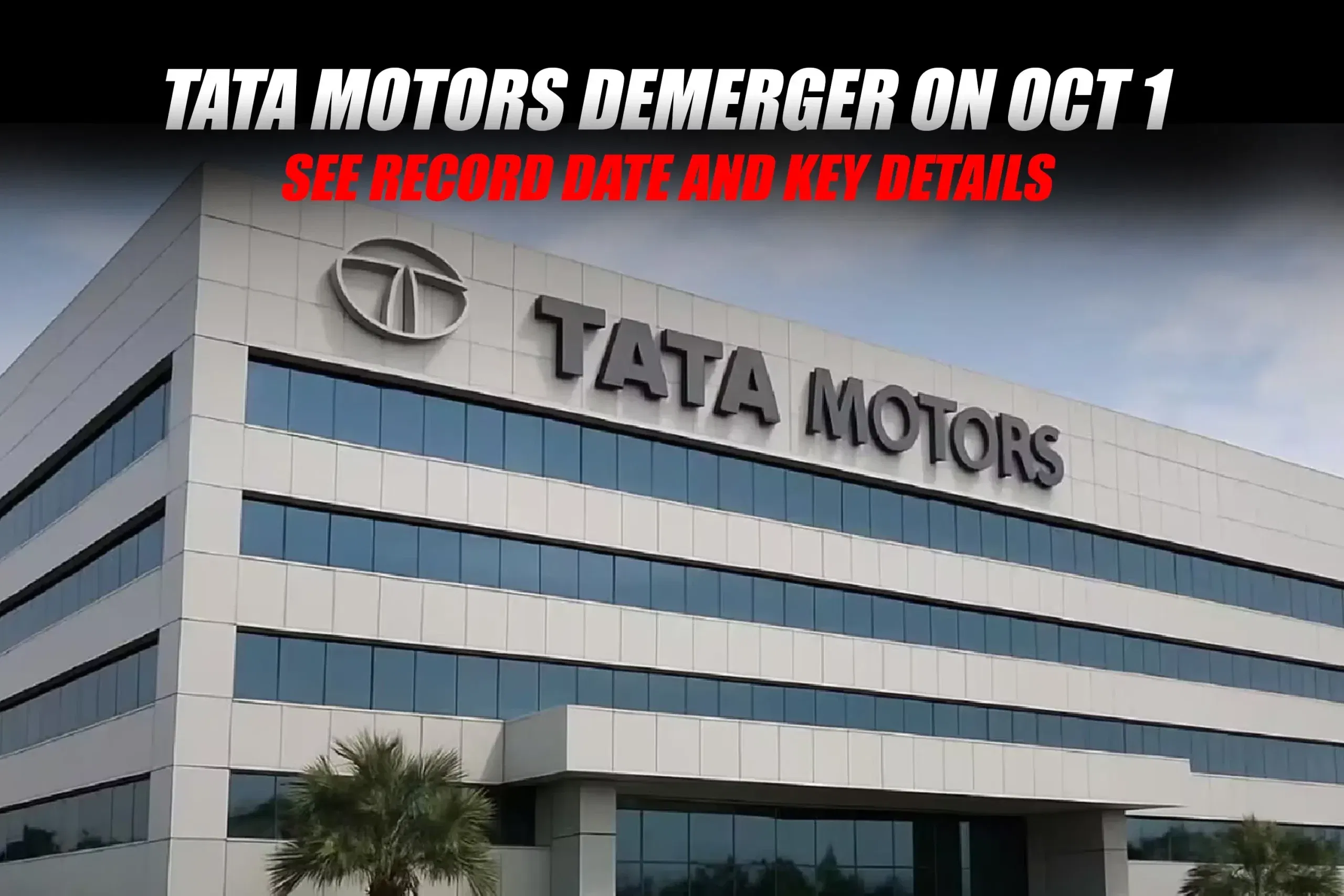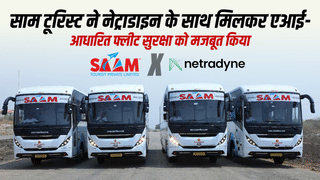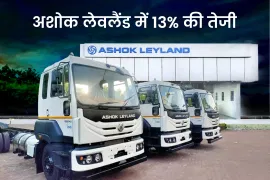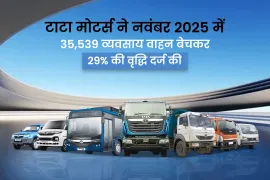Tata Motors announced the demerger of its commercial and passenger vehicle businesses. The demerger will take effect on October 1 as confirmed by the company in a filing to the exchanges. The board, regulators and the National Company Law Tribunal (NCLT) approved the plan.
Record Date of Tata Motors Demerger
Tata Motors has not announced the record date yet. The company will share it after completing statutory filings. Shareholders holding Tata Motors shares on the record date will receive one share in the new commercial vehicle company for each Tata Motors share they own.
Two Separate Entities
Tata Motors will split into two listed entities. The commercial vehicle business resides in TML Commercial Vehicles Ltd. After the demerger, this entity will be renamed Tata Motors Limited. Executive Director of Tata Motors, Girish Wagh will lead this company.
The passenger vehicle business, including electric vehicle operations and Jaguar Land Rover investments, will remain in the existing Tata Motors Ltd. After the split, it will be renamed Tata Motors Passenger Vehicles Ltd. Managing Director of Tata Motors Passenger Vehicles Limited, Shailesh Chandra will head this company.
Why Tata Motors is Demerging
Tata Motors explained that the demerger will improve corporate efficiency and unlock value. The commercial vehicle and passenger vehicle businesses operate in different markets. They also have different capital requirements. Splitting them allows each company to focus on its opportunities and manage resources independently.
The company first announced the demerger plan in 2024. For accounting and valuation, the appointed date is July 1, 2025. The legal effective date is October 1, 2025.
What Shareholders Can Expect
Shareholders holding Tata Motors shares on the record date will receive one share in the commercial vehicle company for every Tata Motors share they hold. Shares will appear automatically in their demat accounts once corporate actions are processed. Voting rights will stay proportionate across both companies. Each company will define its own dividend policy.
The Tata Motors demerger provides clarity. It separates the commercial and passenger vehicle businesses. It also allows investors to track performance more easily and can unlock long-term shareholder value.
- Stay updated with 91trucks for more articles and news.
- Subscribe to our YouTube channel.
- Follow us on Facebook, Instagram, and LinkedIn.
वेब स्टोरीज़
नवीनतम उद्योग अंतर्दृष्टि समाचार
श्रेणी
91ट्रक्स एक तेजी से बढ़ता डिजिटल प्लेटफॉर्म है जो वाणिज्यिक वाहन उद्योग से संबंधित नवीनतम अपडेट और जानकारी प्रदान करता है।










